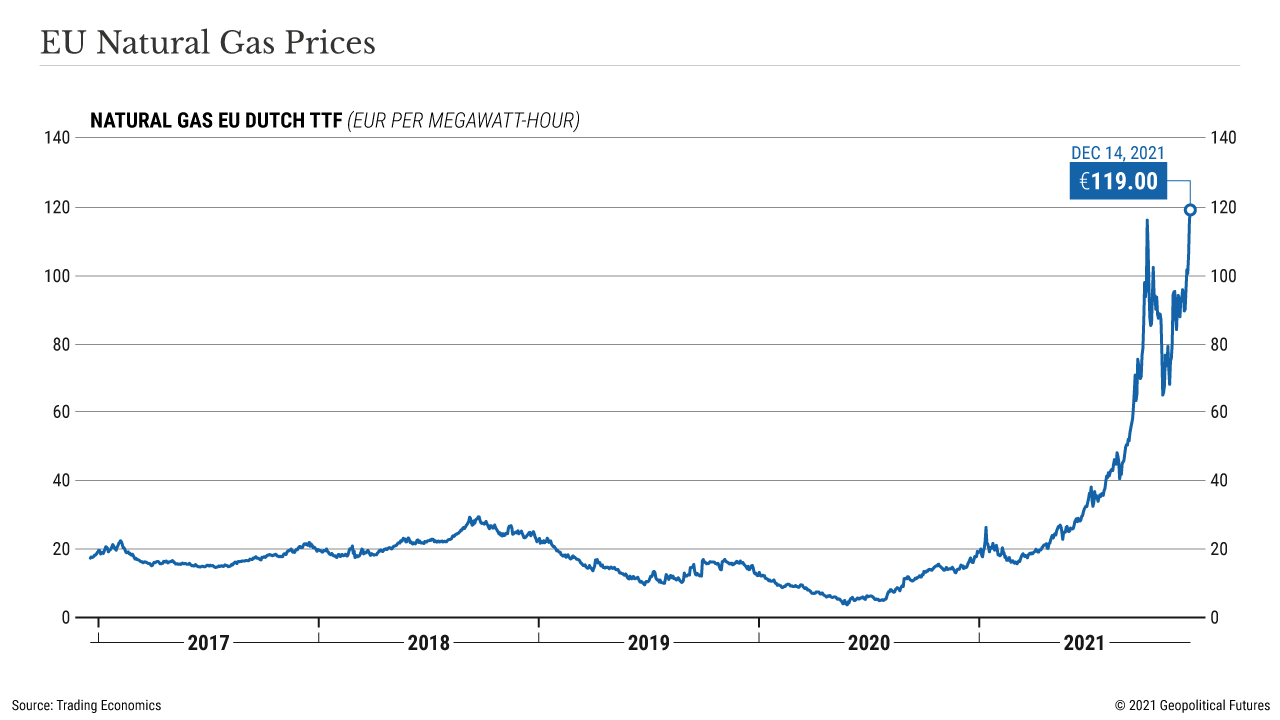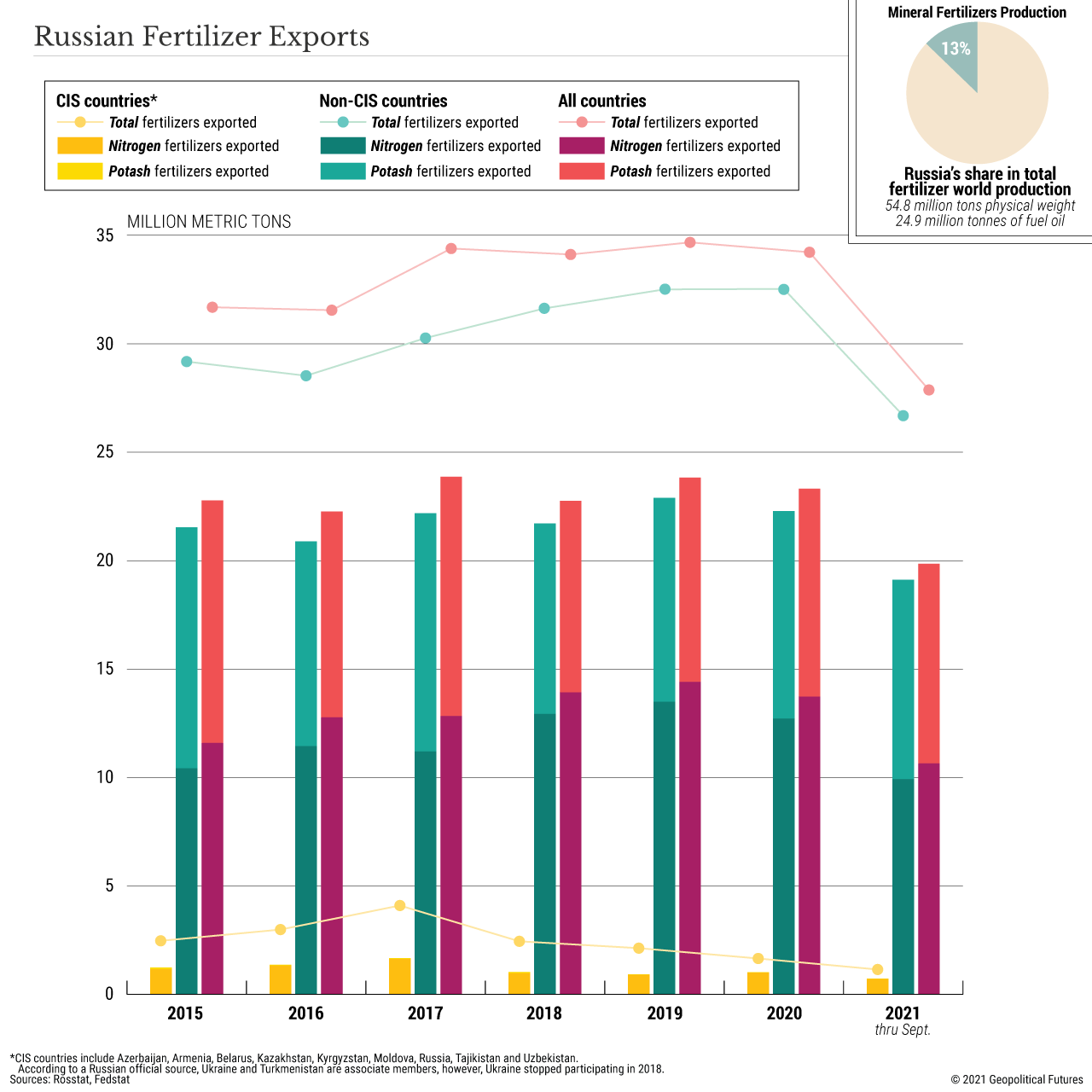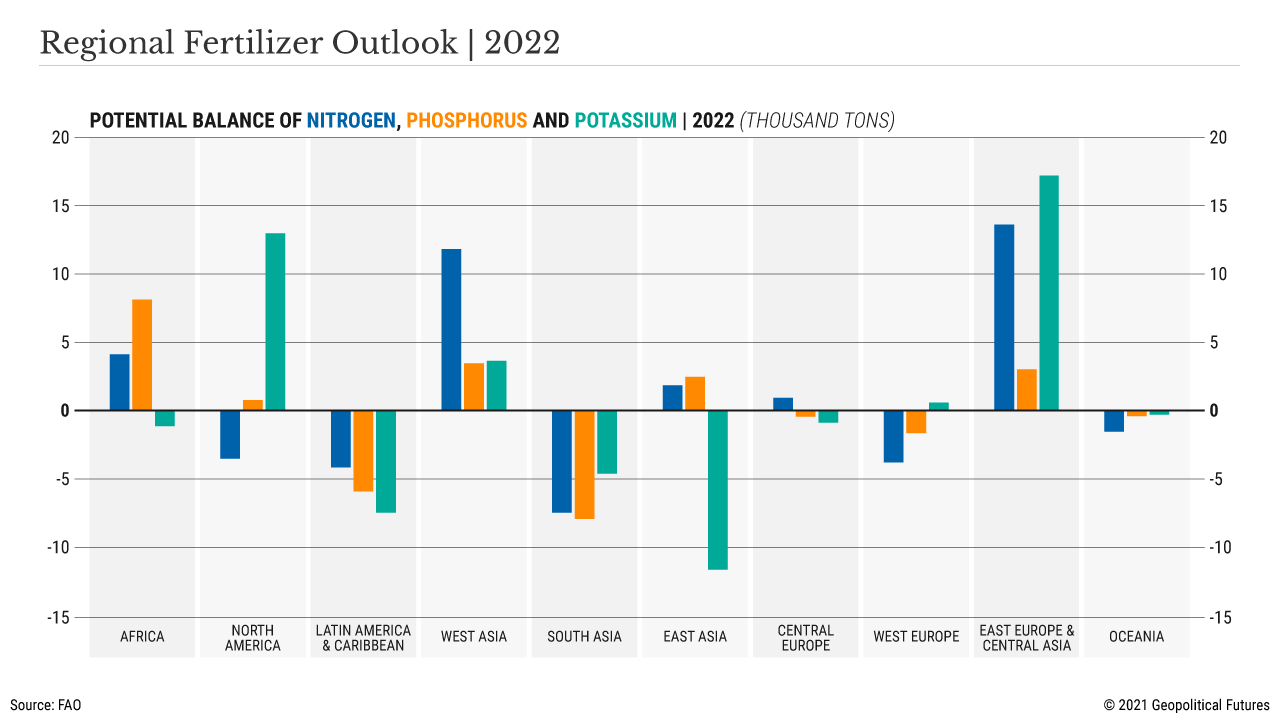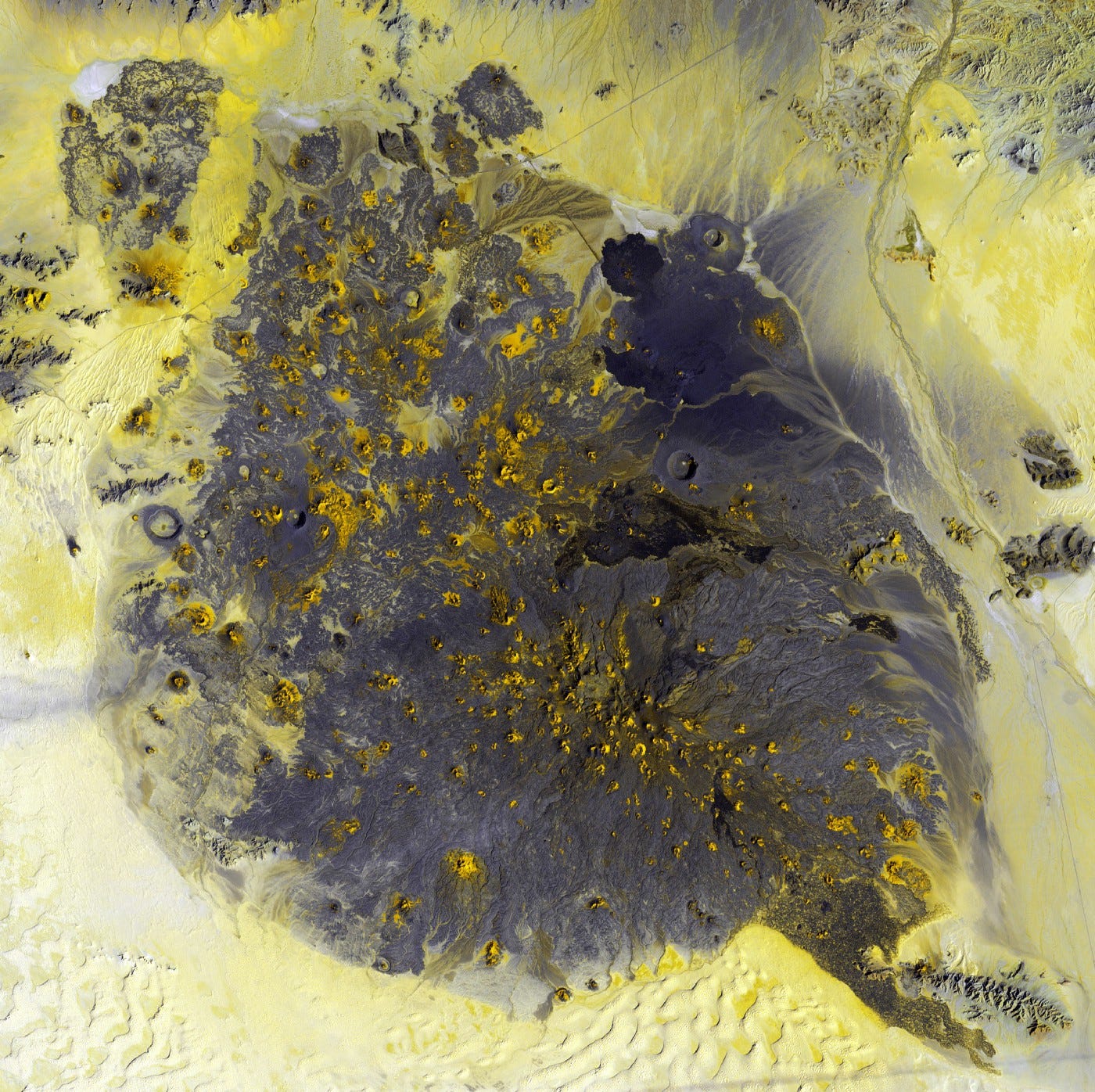🇧🇷 Voice#10: Brazil is Using Diplomacy to Protect Itself from Food Crisis
Unpacking Brazil’s Fertilizer Diplomacy With The Defensive Realism Theory in Response to the Food Crisis
Today’s post is a collaboration with a dear colleague and beautiful soul, Joshua Mayfield, who is a Legal Analyst covering issues related to industrial policies and geopolitical trends and also has a background in consulting and research on International Affairs and Foreign Languages.
Follow relevant topics and analyses on Medium@44jmonroe91 and Twitter @Jmonroe_4PEACE
His publication, “Areas and Producers,” explores a Paradigm Shift by analyzing business news, legal cases, and international affairs related to industrial policies and geopolitical trends.
In addition, Joshua Mayfield leads and organizes a local sustainability initiative in the United States. Find out more about the sustainability project goals on Instagram @jm4peace
If you would also like to write for “Inflated World,” reply to this email!
I’m citing a provocative analysis from the Institute for the Study of Diplomacy at Georgetown University as the reason for my writing about Brazil’s Fertilizer Diplomacy.
Although I don’t entirely agree with the overall concept of this article’s portrayal of China’s ethnic issues in the context of Middle East geopolitics, I do think it is an effective analysis of using Defensive Realism as a case study of Middle Eastern diplomacy.
Read it here:
Analysis: Why Muslim countries in the Middle East support Chinese atrocities in Xinjiang
On May 3, 2022, Brazil announced that the government was taking a trip to North Africa to engage Jordan, Egypt and Morocco for “Fertilizer Diplomacy.”
This diplomatic engagement underscores Brazil's issues securing fertilizer imports during the conflict with Russia and Ukraine.
Moreover, because Russia is one of the world’s largest fertilizer exporters, Brazil has doubled its efforts to implement a new fertilizer strategy unveiled by President Bolsarno earlier this year.
Brazil’s National Fertilizer Plan even proposes to mine potash from underground reserves in the Amazon Rainforest, which has caused an uproar from the indigenous communities there.
What is Fertilizer Diplomacy?
This concept has reshaped the whole narrative of the global fertilizer industry. It implies that the fertilizer markets have become susceptible to geopolitical forces. Perhaps because the world is facing an unprecedented food crisis, but mainly because of renewed conflict over geopolitics and military strategy, as evidenced by Russia and Belarus — Belarus is one of the world’s largest potash producers — and how the countries have used their influence over fertilizer supply to increase political leverage.
Read more about the importance of potash and the current global fertilizer industry dynamics with this story about Canada’s Nutrien Ltd.’s CEO transition: https://medium.com/@44jmonroe91/what-went-down-at-the-worlds-largest-potash-producer-nutrien-ltd-c174d19e403d
In fact, the concept of “Fertilizer Diplomacy” originated when Russia began initiating countermeasures against Europe for the Nord Stream 2 pipeline. This occurred because of extremely high natural gas prices due to the Covid-19 pandemic, hitting the European Union (EU) market extremely hard.

But in 2020, analysts claim that Russia’s fertilizer production of mineral fertilizers grew at a rate of 5% hitting approximately 54.8 million tons. By comparison, the world average grew at around 2% in 2020.

The truth is that this fertilizer diplomacy seems to be unraveling during the worst times of this century — global pandemic, food crisis, inflation — while Russia’s invasion of Ukraine has also caused severe changes to commodities and other aspects of the global economy.
No wonder the governments of the world are already conceptualizing critical global commodities as a way to engage in diplomacy. This adds a geopolitical factor to any country’s supply and production targets. As the dimensions of political leverage grow in their favor, they would continue to use fertilizer as a way to influence important political decisions.
On the other hand, when fertilizer prices subside, fertilizer diplomacy could contribute to the health of global economic recovery and help alleviate the global food crisis. Africa is a case in point, as Morocco seeks to lead the way as Africa’s main supplier to increase agricultural productivity and modernity. This would be a major boon to Africa’s growth and development.
What is Defensive Realism?
Defensive Realism is a theory of International Relations (IR) that belongs to the school of Neorealism, or Structural Realism, which says that the structural principles of the international system consist of an international order of anarchy, and thereby countries must seek to maintain their overall security while expanding on the distribution of capabilities vis-a-vis other countries in the international system. (See link in a paragraph).
According to this theory, Steven E. Lobell explains that countries in the international system must seek to attain security by using moderate and reserved policies to avoid resorting to means of domination and hegemony to attain security.
Factors such as geography and rivalries (sometimes historical ones) tend to play a bigger role in this school of thought.
That’s why I believe it is the perfect way to understand Brazil’s fertilizer diplomacy. The act of touring through the Middle East and North Africa (MENA) is based around the whole geographical region; on the other hand, by ensuring fertilizer supply from many countries in MENA, ensures Brazil that it will be dealing with similar cultures and geographical constraints when working with producers and suppliers.
These will be critical elements for judging the effectiveness of this fertilizer strategy. Therefore, using Defensive Realism here allows for a broader way of looking at the strategy of any given country: in this case, Brazil and the country’s fertilizer strategy.
In the publication Fertilizer View by FShow, the organization looks at Brazil’s record-breaking planting season from 2021–22, whereby projections have estimated that Brazil’s production of soybeans, corn, cotton, rice, and beans — amounting to approximately 289.6 million tons — would account for 95% of its overall grain production from 2021–22.
This means that despite the global fertilizer supply shock due to higher commodity prices and fertilizer shortages, Brazil will continue to rely on fertilizer imports from sources worldwide. It is a classic example of defensive realism and why Brazil must maintain friendly relations (i.e., moderate and reserved policies) with Russia, even as the United States and European Union, including others, intend to ostracize Vladimir Putin’s regime for the war in Ukraine.
What’s Likely To Happen Next?
In July 2022, Russian Foreign Minister Sergei Lavrov began the African Tour. This tour coincided with visits from French President Emmanuel Macron and U.S. Special Envoy for the Horn of Africa Mike Hammer to the Middle East and North Africa (MENA) region.
This event is relevant to this analysis of Brazil’s fertilizer diplomacy in MENA, as many analysts claim that the primary purpose of Lavrov’s tour this year revolves around Russia’s security guarantees of food and fertilizer supplies to MENA. But it was also a way for Russia to raise support from those countries in light of increased sanctions from the United States and the European Union due to the war in Ukraine. For instance, Lavrov ended the tour in Ethiopia, where he defended the country’s handling of the Tigray conflict since November 2020.
Moreover, Lavrov stated the current situation in world affairs where he insulted the United States and European Union’s efforts in MENA:
“I am sure the overwhelming majority of world countries do not want to live as if the colonial times [have] come back”
The votes in the United Nations General Assembly (UNDA) resolution on the war in Ukraine reflected this sentiment, as half of all abstentions on the resolution came from African countries. However, BBC points out that while the United States and France have each offered their aid packages to combat food security in Africa, Russia has offered nothing to those countries in support of alleviating food insecurity issues in the region.
In conclusion, it is clear from these most recent events that the MENA region is becoming a diplomatic showdown area between the United States and European Union, and Russia. However, defensive realism would point out that the 17 absentee votes on the UNGA resolution from African countries signal an opportunity for them to ensure secure supplies from Russian commodities while also benefiting from the aid packages offered by the United States and France.
These are the moderate and reserved policies these countries must maintain to attain security and facilitate economic trade to their benefit. They also cannot ignore the reality that Russia’s invasion of Ukraine is a way for Russia to seek hegemony and domination, which they must avoid to attain their security. What happens next will be determined by the needs of MENA countries balanced with the entire region’s security framework. Those countries will seek favorable relations with the United States and Russia in the future. Commodities and conflict will indeed exacerbate the situation.






Here from Ram’s Nani the money
In depth analysis- amazing work!